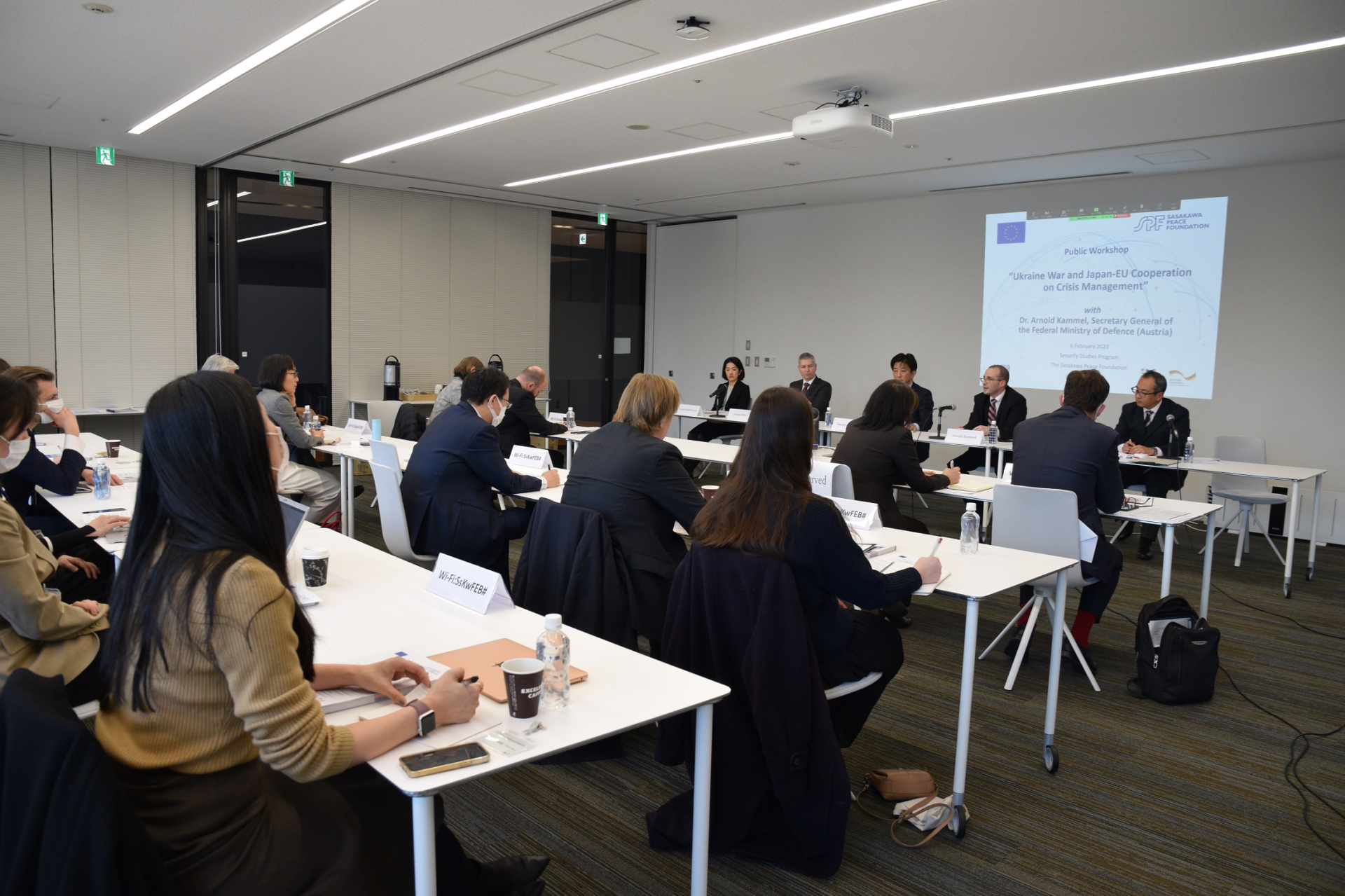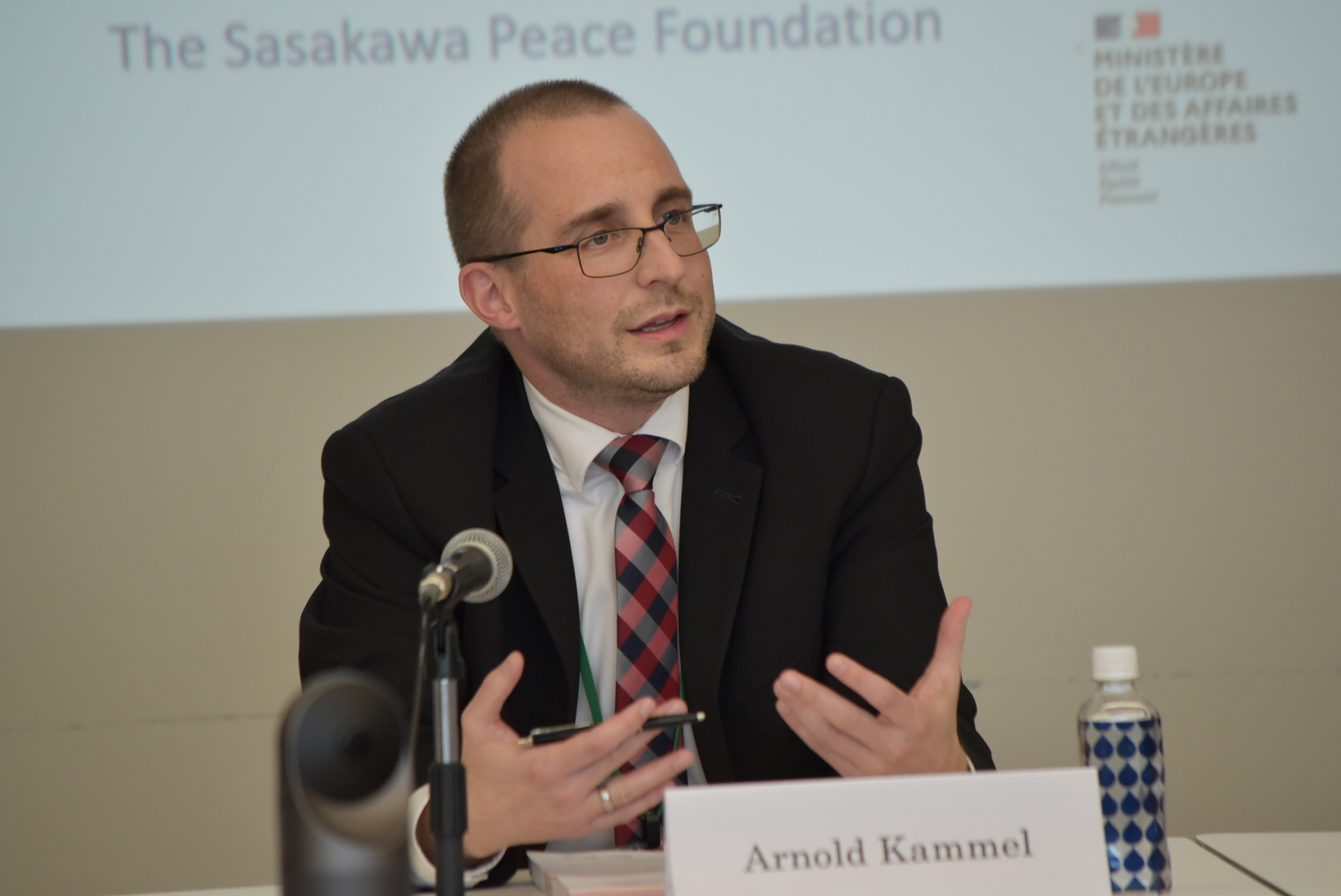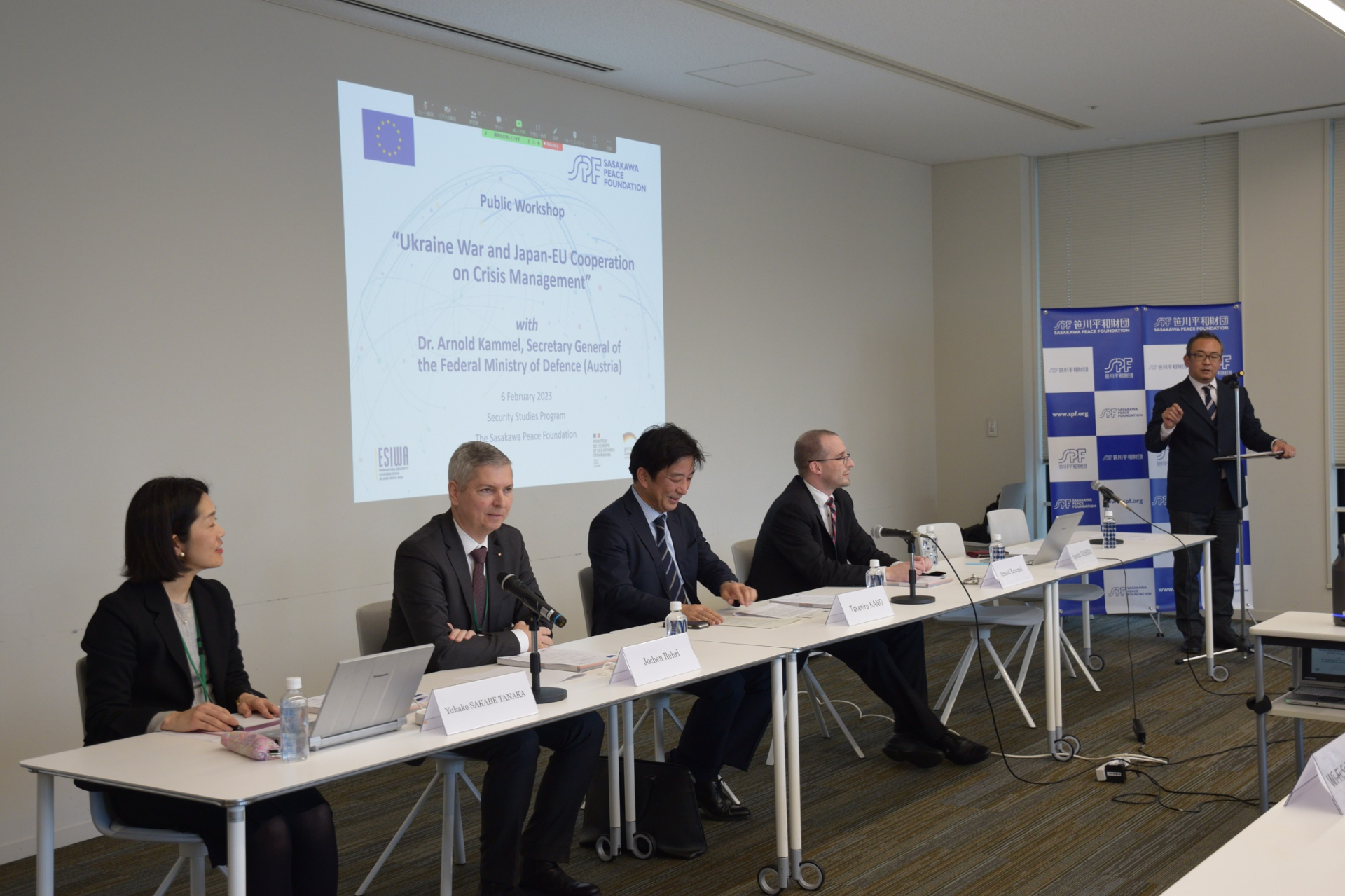Supporting greater access to education for children of migrant workers in Thailand
Three Japanese organizations, including SPF, sign MOU with Thai Ministry of Education to support Thai language programs, teacher and volunteer training, and other outreach initiatives in three pilot areas


